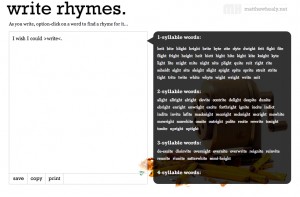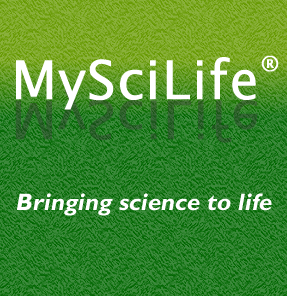P.S.: Thoughts from a healthy teacher-skeptic
I love the open letter that Library Media teacher Angela Estrella wrote to Edtech Entrepreneurs and shared via the EdSurge blog. I am sure every edtech coach out there would applaud it, retweet it, or tack it up somewhere electronically — or even on precious paper. We who try to lure teachers into trying new tools have witnessed the rapid decline from enthusiasm to frustration when start up time on a new tool devolves into endless settings, checkboxes, and menu options named by a geek using vocabulary no teacher would ever use. We who “coach” take the brunt of reasonable teacher skepticism about the latest and greatest new tool. Unlike those of us who enjoy edtech tinker toys, teachers have the patience of a flea when faced with the latest new gadget: “Get me to the red blood, or I jump… now!”
Teacher skepticism is a healthy thing. It is what makes us question a report that seems too well-written to be a student’s own work. It is what makes us wonder whether our own assessment (test, rubric) is perhaps measuring the wrong thing. It is what helps us survive the slings and arrows of politically-driven policies. Yet, it can easily morph into jaded negativism. [Insert your mental image of a burned out colleague here.]
So I add a followup note to Estrella’s letter.
Dear Edtech Entrepreneurs,
I hope you read my previous letter — shared by Angela — more carefully than my kids read their assignments. I forgot a couple of things:
I am a skeptic by nature. You can help me focus my critical thinking skills on choosing appropriate technology for my class. Choose your words wisely and tell the truth. That will keep me from becoming jaded and negative toward all technology.
You have a responsibility beyond selling what you make. You are responsible for selling me on learning something new. I know how to do that with my students. Do you?
Skeptically,
Your customer/critic, the healthy teacher-skeptic






